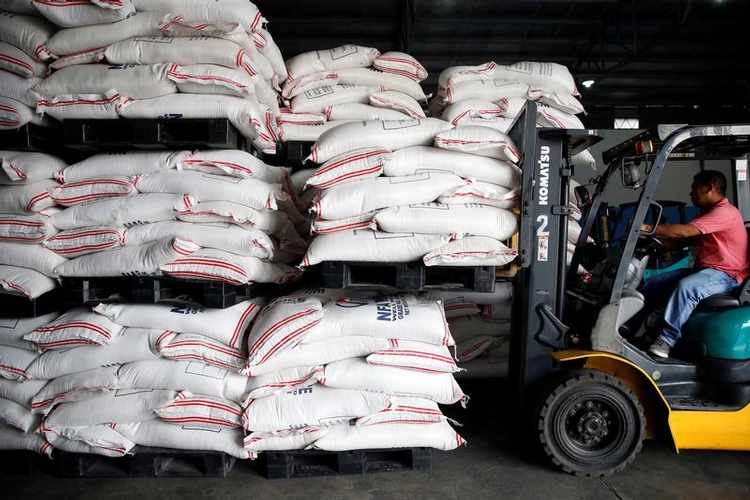The Philippines to benefit from India’s removal of MEP on rice exports

The Philippines stands to benefit from the Indian government’s move to scrap the floor price on its rice exports as the recent development is expected to stabilize retail prices and supply of rice.
Rowena Sadicon, founder of the Philippine Rice Information System, said the removal of the minimum export price (MEP) for India’s non-basmati white rice exports “comes at a critical time” as recent typhoons damaged rice plantations in the country.
“This move may allow the Philippines to import more affordable rice, helping to stabilize prices and prevent potential shortages,” Sadicon said in her speech during the World Rice Conference held in Pasay City.
It can be recalled that India imposed a ban on exporting non-basmati rice in July last year to keep domestic prices low and secure its supply ahead of elections.
Some 14 months later, India lifted the export ban on non-basmati white and set an MEP of $490 per ton. Last month, the South Asian country removed the export price to improve farmers’ income while boosting overseas shipments.
“While this development provides immediate relief, it’s crucial to balance imports with local production support to protect our farmers. Excessive imports could harm local farmers, especially if production costs remain high,” she added.
However, she said farmers have borne the brunt of global market factors affecting local prices, as palay prices declined to P22 to P24.50 per kg.
“And what about the traders and millers? This is the reality: many rice industry traders and importers have incurred substantial losses,” she added.
As of Oct. 31, the country imported 3.79 million metric tons (MT) of rice, data from the Bureau of Plant Industry showed. It already surpassed last year’s import volume of 3.6 million MT.
Vietnam still topped the list of rice suppliers, supplying nearly 3 million of the total, followed by Thailand (470,273.28 MT) and Pakistan (175,174.48 MT).
India delivered 22,058.64 MT more than a month after lifting the rice export moratorium, although the figure was higher than the 13,794.63 MT it exported in 2023.
Sadicon echoed their group’s push for accessible data to accurately predict domestic supply and demand of the staple food, adding, “Our focus remains on supporting local farmers while responsibly managing imports to secure long-term.”
The El Niño weather phenomenon and the consecutive typhoons that struck the country heavily weighed on the agriculture sector, particularly rice as losses climbed to billions of pesos as of writing.
From the combined effects of typhoons Kristine and Leon, damage to rice totaled P5.05 billion as of Thursday, based on the Department of Agriculture’s bulletin.
The two typhoons wiped out 271,464 MT of rice, mostly in reproductive and maturity stages.
For almost 30 years of expertise in the agri markets, UkrAgroConsult has accumulated an extensive database, which became the basis of the platform AgriSupp.
It is a multi-functional online platform with market intelligence for grains and oilseeds that enables to get access to daily operational information on the Black Sea & Danube markets, analytical reports, historical data.
You are welcome to get a 7-day free demo access!!!
Write to us
Our manager will contact you soon



